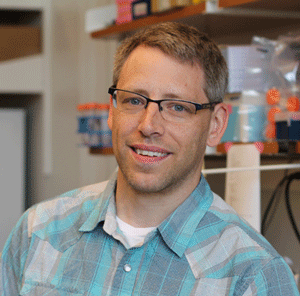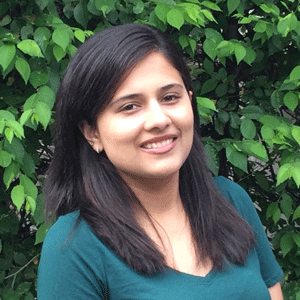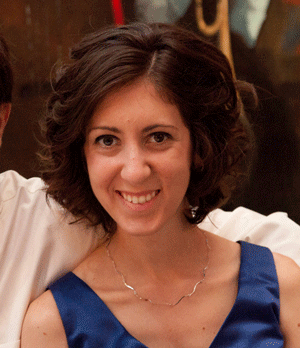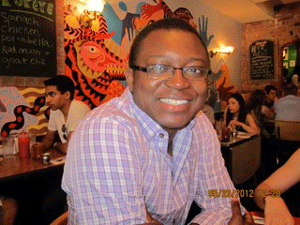Facing an environment of limited research funding and increased competition for fewer academic postdoc positions, members of the Graduate School of Biomedical Sciences Class of 2016 say they are grateful for the critical role the school’s Center for Biomedical Career Development has played in their professional lives.
 |
|
|
Eric Anderson |
“UMass Medical School should be commended for its efforts to prepare biomedical graduate students for careers in industry,” said Eric Anderson, who will receive his PhD at Commencement 2016 on Sunday, along with his GSBS classmates. Anderson is currently employed by CRISPR Therapeutics. “I’ve been trying to tell everyone in my lab about the positive experience that I’ve had.”
UMMS is a recognized leader in exploring and implementing ways to expand career preparation and opportunities for biomedical sciences graduate students and postdoctoral associates. In 2013, it was one of the first cohort of universities awarded a National Institutes of Health-funded Broadening Experiences in Scientific Training (BEST) grant, devoted to improving career development training for graduate students and postdocs. UMMS was one of the first to fully integrate its BEST grant-funded program into the entire graduate curriculum, incorporating professional skills development and career planning into standard graduate and postdoctoral biomedical sciences training from the first week of classes until completion of the PhD dissertation. Though students who entered PhD training at the time the new curriculum was instituted are still a few years away from their degree, later-stage students now graduating have already reaped benefits of the BEST program.
 |
|
|
Sharanya Iyengar |
|
|
|
|
| Djadé Soumana |
Cynthia Fuhrmann, PhD, assistant dean of career and professional development for the GSBS and assistant professor of biochemistry & molecular pharmacology, has led the establishment of a mandatory career preparation curriculum for all GSBS students featuring, among several other tools, myIDP, an interactive online career-planning tool for biomedical trainees that she developed with colleagues nationwide.
For Sharanya Iyengar, the myIDP technology forced her to think about her career goals early in her education. She said the career development center and specifically, Morgan Thompson, PhD, assistant director of career development, assisted her in translating her skills as an academic researcher to attract an industry position.
“They held me accountable. Most bench scientists in academia have all the skills necessary to succeed in industry, but you need to create a strong plan and know how to network in order to secure a position,” said Iyengar, who landed a post as a research scientist at Idera Pharmaceuticals after completing her work in the lab of Craig Ceol, PhD, assistant professor of molecular medicine. Iyengar credited Dr. Ceol with connecting her with representatives at Idera, which ultimately led to her new position.
Djadé Soumana, who began working as an Intramural Research Training Award postdoctoral fellow at the National Institute of Allergy and Infectious Diseases in December 2015, credits the guidance and the support he received through the career development center and his former principal investigator Celia Schiffer, PhD, professor of biochemistry & molecular pharmacology, for enabling him to secure his position six months prior to defending his thesis.
 |
|
|
Margaret Heider |
Margaret Heider, now a postdoctoral fellow with New England Biolabs after completing her work in the lab of Mary Munson, PhD, associate professor of biochemistry & molecular pharmacology, said graduate students often get caught up in their lab work during their studies. Heider encouraged GSBS students to begin networking early; she was fortunate to collaborate with researchers from her current company mid-way through her studies. Once she began working with Dr. Thompson and Dr. Fuhrmann her career plan became more organized, she noted.
Anderson, who worked in the biomedical sciences industry for 10 years prior to coming to UMMS to earn his PhD, said the support of Melissa Moore, PhD, Howard Hughes Medical Institute investigator, the Eleanor Eustis Farrington Chair of Cancer Research and professor of biochemistry & molecular pharmacology, and the career center staff made his transition back to industry nearly seamless.
Related links on UMassMedNow:
NIH grant integrates career planning with scientific training
UMMS tech tool helps scientists navigate career path
Matthews and Fuhrmann working to reform biomedical research training, career paths
